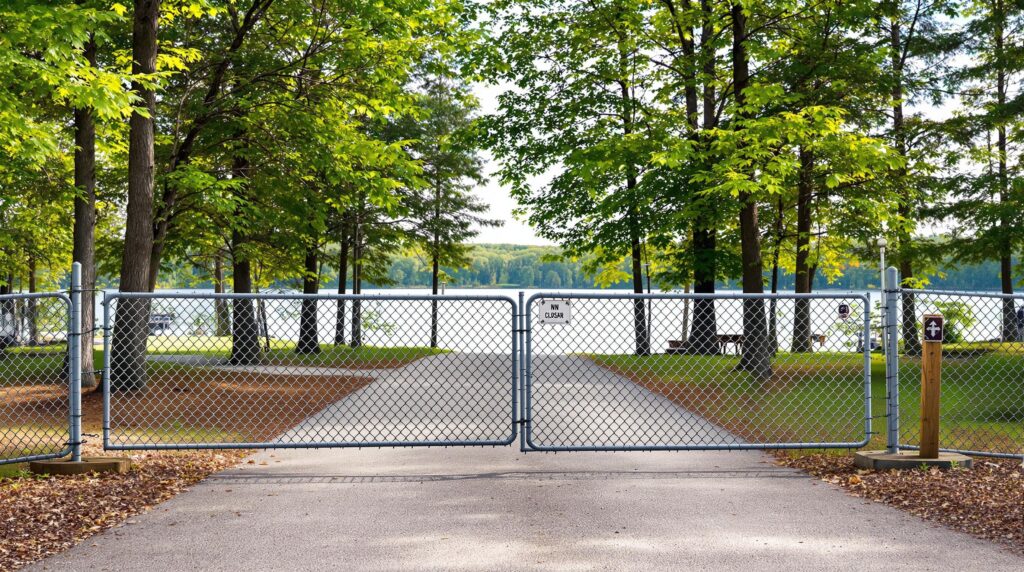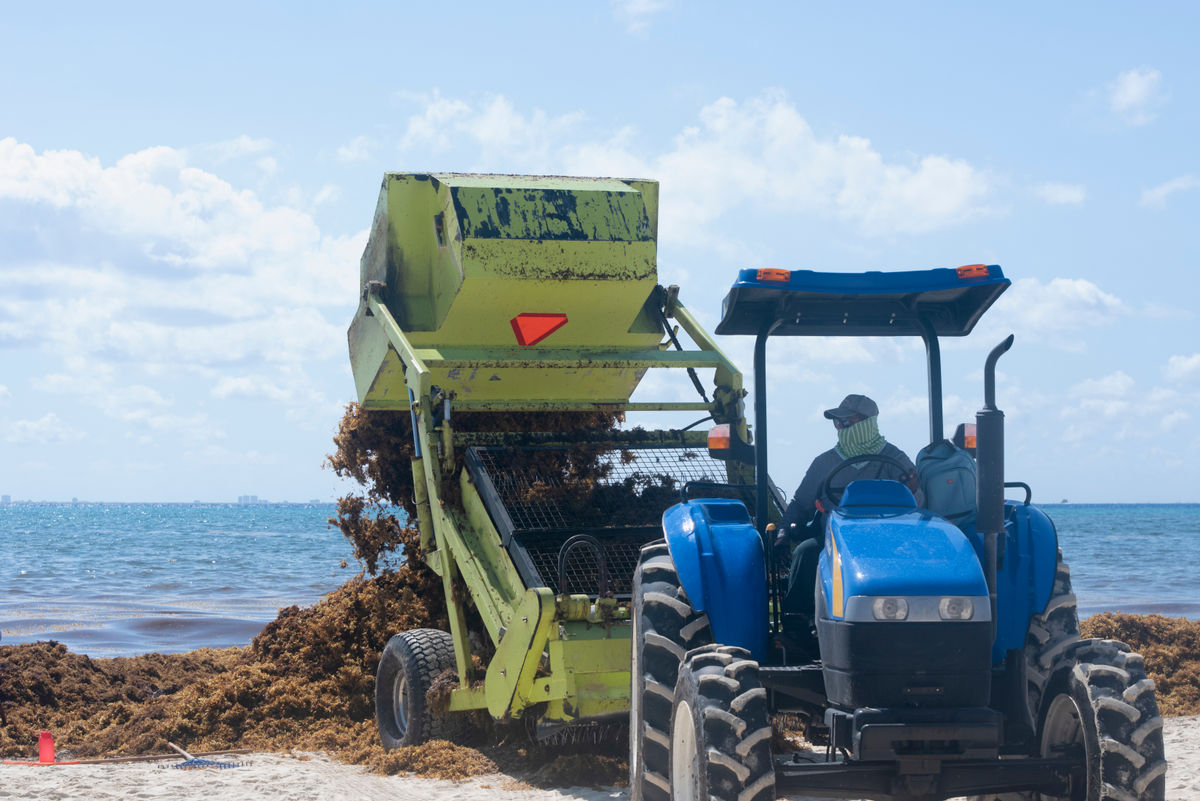Wappapello Lake in Missouri has experienced steadily rising water levels that prompted the U.S. Army Corps of Engineers to close several of its campgrounds. According to a statement from the U.S. Army Corps of Engineers, certain shoreline areas are currently unsafe for public use, prompting precautionary closures to safeguard visitors.
A Corps representative indicated that elevated water could threaten portions of campground facilities, creating potential hazards if left open to the public. As a result, the agency determined that restricting access in these sections can prevent possible damage and help ensure an overall safer environment.
Announcements from the U.S. Army Corps of Engineers specify that closures may remain in place until on-site personnel conclude that water levels have receded enough to restore safe access. No specific date has been released for reopening, and officials note that changing conditions may require frequent re-evaluation.
Visitors are encouraged to monitor ongoing updates for details on any closure extensions or reopenings. Notices remain subject to modification depending on how local precipitation patterns and runoff levels evolve over the coming days.
Historic accounts show that the Corps has managed water elevations at Wappapello Lake by enacting temporary closures during high-water periods. Officials have pointed out that safety remains the main concern when lake levels encroach upon frequently visited areas.
Beyond these measures, an industry report from a recognized travel and lodging association found that flexible cancellation policies can lead to a 12 percent increase in overall guest satisfaction, particularly when adverse conditions affect planned visits. This feedback suggests campground operators benefit from offering guests multiple options for rebooking or seeking refunds when water rises unexpectedly.
Separately, one recognized hazard mitigation program concluded that installing raised utility hookups can reduce flood-related infrastructure repair costs by around 20 percent. Such structural considerations allow businesses reliant on outdoor recreation to resume operations with minimal delay even after returning water levels.
Other best practices within the outdoor hospitality industry emphasize transparent communication whenever weather poses a threat to guests. Providing email announcements or web-based bulletins, along with prompt updates regarding closures and safe alternatives, enhances trust and convenience.
At Wappapello Lake, the recent closures serve as a clear illustration of how weather conditions can disrupt normal recreation. Immediate, well-timed notifications help visitors make informed decisions about rescheduling their trips or exploring other locations.
Developing more flood-resilient properties with water-resistant materials and elevated power or plumbing lines can further safeguard campsites. Enhancing these features can shorten cleanup efforts and reduce downtime, allowing some facilities to reopen sooner than they would with outdated designs.
Local preparedness efforts often include thorough infrastructure inspections, ensuring any vulnerabilities are addressed before the heaviest precipitation arrives. Emergency procedures that detail evacuation routes or decision-making processes can also be part of a streamlined, effective response plan.
Officials at Wappapello Lake intend to observe reservoir conditions on a daily basis, updating the public as more information surfaces. Those planning future visits are advised to remain vigilant for new announcements and to understand that closures may continue intermittently until lake conditions stabilize.
.png)
.png) 2 weeks ago
1
2 weeks ago
1








 English (US) ·
English (US) ·  Spanish (ES) ·
Spanish (ES) ·